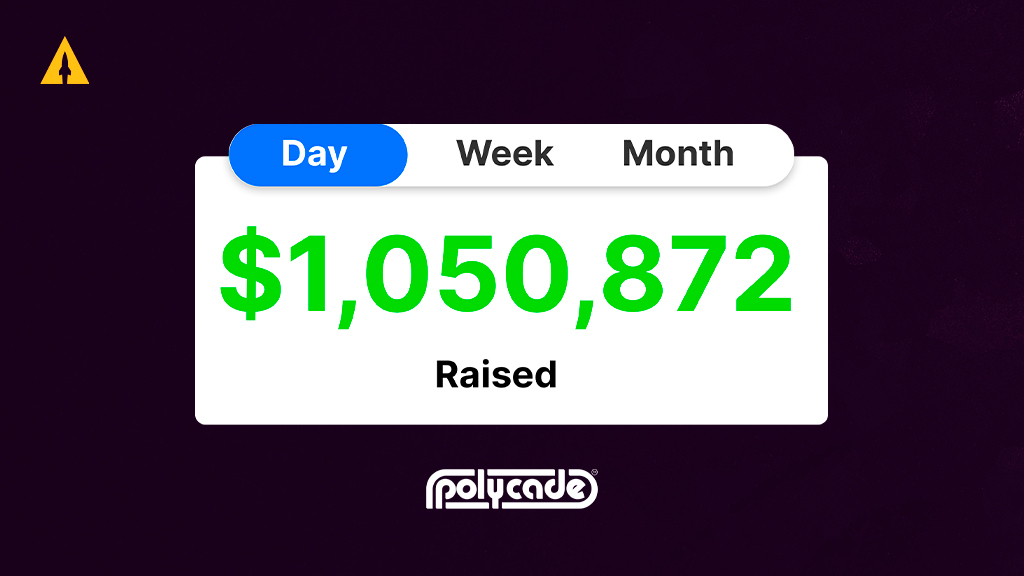Crowdfunding has become a popular method for individuals and businesses to raise funds for their projects. Platforms like Indiegogo provide a convenient way for creators to connect with supporters and receive financial backing. However, it’s important to understand that running a crowdfunding campaign does have tax implications. In this article, we will explore Indiegogo’s tax policy, the role of the IRS in crowdfunding campaigns, determining your tax liability, reporting your Indiegogo income, and seeking professional tax advice.
Contents
Understanding Indiegogo’s Tax Policy
Before launching a campaign on Indiegogo, it’s crucial to familiarize yourself with the platform’s tax policies. Indiegogo operates on a rewards-based crowdfunding model, which means that backers receive a reward or product in exchange for their contribution. According to Indiegogo’s terms of service, it is the campaign creator’s responsibility to comply with all applicable tax laws and regulations.
The Basics of Indiegogo’s Tax Policy
When it comes to taxes, Indiegogo considers the money raised through a campaign as income. As a campaign creator, you need to report this income and pay taxes accordingly. The specific tax obligations and rates may vary depending on your location and the nature of your campaign. Consult with a tax professional to understand the specific tax requirements that apply to you.
How Indiegogo Handles International Taxes
If your campaign attracts backers from different countries, you may have to deal with international tax obligations. Indiegogo does not have a built-in system to handle international taxes. As the campaign creator, it is your responsibility to ensure compliance with the tax laws of each country where your backers reside. Consider seeking guidance from a tax advisor with experience in international taxation.
The Role of IRS in Crowdfunding Campaigns
While Indiegogo provides a platform for crowdfunding campaigns, the responsibility for paying taxes ultimately falls on the campaign creator. The Internal Revenue Service (IRS) is the governing body in the United States that enforces tax laws and regulations. As a campaign creator, you must understand the tax obligations set forth by the IRS.
Tax Obligations for US Residents
If you are a US resident running a crowdfunding campaign, the IRS considers the funds raised as taxable income. You must report the income from your Indiegogo campaign on your personal tax return. The specific forms to be used will depend on the nature of your campaign and the amount of money raised. It is crucial to consult with a tax professional to ensure accurate reporting and compliance with IRS regulations.
Tax Implications for Non-US Residents
Non-US residents who run crowdfunding campaigns on Indiegogo may also have tax obligations. The tax implications will vary depending on the tax laws of the country where you reside. It’s essential to consult with a tax advisor who is knowledgeable about international tax rules to understand your obligations and ensure compliance.
Determining Your Tax Liability
Calculating your tax liability from your Indiegogo campaign requires a thorough understanding of the tax rules and regulations. It’s essential to consider factors like your campaign’s business expenses, deductible costs, and potential credits that can offset your tax liability. Consulting with a tax professional can help ensure you accurately determine your tax liability.
How to Calculate Your Taxable Income from Indiegogo
To calculate your taxable income from your Indiegogo campaign, you need to subtract any qualified business expenses from the total funds raised. Qualified business expenses may include production costs, marketing expenses, and shipping fees. The remaining amount is your taxable income, which needs to be reported on your tax return.
Deductions and Credits to Consider
When determining your tax liability, you should explore potential deductions and credits that can lower your overall tax burden. Deductions may include costs directly related to your campaign, such as the purchase of materials or fees associated with advertising. Additionally, you may be eligible for certain tax credits that can further reduce your taxable income. Speak with a tax advisor to identify applicable deductions and credits for your specific situation.
Reporting Your Indiegogo Income
Accurate and timely reporting of your Indiegogo income is paramount to comply with tax regulations. Understanding the necessary tax forms and the reporting process will ensure that you meet your obligations as a campaign creator.
Necessary Tax Forms for Crowdfunding
As an Indiegogo campaign creator, you will typically receive a 1099-K form from the platform if you meet certain criteria. This form reports your gross income from the campaign to both you and the IRS. In addition to the 1099-K, you may need to complete other tax forms, depending on the specifics of your campaign. It’s crucial to consult with a tax professional to determine the required forms for your situation.
Reporting Process and Deadlines
Reporting your Indiegogo income on your tax return requires careful attention to detail. Ensure that you accurately report the income on the appropriate lines of your tax forms. Different forms may have different filing deadlines, so it’s crucial to stay informed about the IRS’s requirements, including any extensions that may be available. Missing deadlines or providing incorrect information can result in penalties and unwanted scrutiny from tax authorities.
Seeking Professional Tax Advice
Given the complexities surrounding tax obligations for crowdfunding campaigns, it’s highly recommended to seek professional tax advice. A tax professional experienced in working with crowdfunding creators can provide invaluable guidance and ensure you navigate the tax landscape correctly.
When to Consult a Tax Professional
If you are new to running a crowdfunding campaign or have limited knowledge of tax regulations, it’s best to consult with a tax professional from the beginning. They can assist you in understanding your tax obligations, help you calculate your tax liability, and guide you through the reporting process. Don’t wait until the last minute to seek advice���early consultation can save you time, stress, and potential penalties.
Finding a Tax Advisor Experienced in Crowdfunding
Not all tax professionals have experience in dealing with the unique tax considerations of crowdfunding campaigns. When searching for a tax advisor, look for someone who has knowledge and expertise in this area. They can provide tailored advice based on your specific situation and help you optimize your tax strategy.
By understanding Indiegogo’s tax policy, the role of the IRS, determining your tax liability, reporting your Indiegogo income accurately, and seeking professional tax advice, you can navigate the tax implications of running a crowdfunding campaign with confidence. Remember, the assistance of a tax professional can be indispensable in ensuring compliance and optimizing your tax situation.



